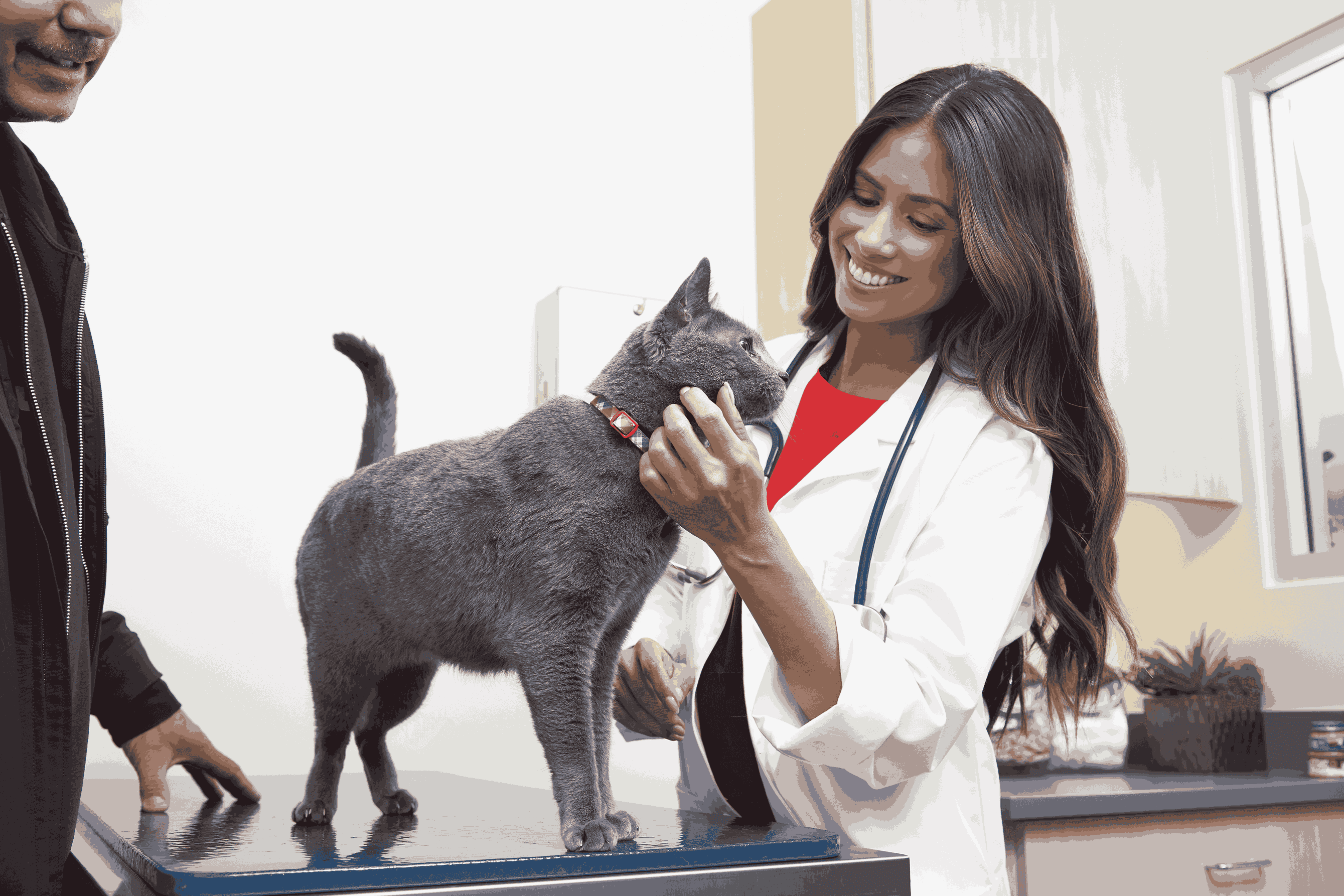How to Stop Unhealthy Feather Plucking Behavior

Feathers are often the first thing we notice about birds, but there’s far more to these creatures than beauty and grandeur. The state of their feathers can tell you a lot about the health and well-being of your bird. Although some feathers do fall out in the natural course of molting, a bird who continually pulls them out may be sending you a signal that something is wrong.
Why is your bird plucking feathers?
Feather picking—or feather plucking— is a self-destructive behavior that’s unique to birds. A bird who plucks their own feathers without intervention can cause themselves physical harm, including infections from open sores. While some birds, including cockatiels, cockatoos, African Grey Parrots, macaws and conures, seem more prone to feather picking than others, all birds are at risk of adopting this behavior.
Causes
A variety of factors can play a role, so awareness is the key to identifying them before they become problematic.
- Underlying health reasons. A bird who’s not feeling well may begin plucking their feathers as a form of self-care or self-soothing or because they’re being irritated by an underlying condition. If you notice this behavior in your pet, visit your veterinarian to rule out things like infections (bacterial, viral and parasitic), allergies (pollen, mold and specific foods, for example), hypothyroidism and anxiety.
- Environmental factors. Heat, humidity, noise and stress can cause feather plucking, as can too much or too little access to natural sunlight.
- Lifestyle factors. Some birds turn to feather plucking because of lifestyle conditions like boredom, lack of exercise or activity, sexual frustration, isolation or a lack of playtime with their pet parent.
- Nutrition. Malnutrition can also lead to feather plucking.
Bird preening vs. feather plucking
It’s important to recognize the difference between preening and plucking. Preening is a normal, healthy maintenance behavior performed to remove dirt, spread oil and adjust feather position to keep feathers healthy. Plucking is a destructive behavior in which a bird actively pulls out their feathers and that, over time, can damage the feather follicles and stop the growth of healthy new feathers.
How to stop your bird from plucking their feathers
If you notice unhealthy feather-picking behavior, it’s essential to immediately schedule an appointment with a board-certified avian veterinarian. They can help you evaluate whether your bird’s habit is due to an underlying medical or behavioral concern. A bird behavior specialist or board-certified veterinary behaviorist may also be needed to help diagnose the problem.
In the meantime, try to avoid overreacting when you witness feather picking in progress. Making a big deal of the event can perpetuate the problem or cause your bird to see your response as positive attention. It is also possible that your pet takes on your stress which may cause the behavior to continue.
Treatment
In order to mitigate the issue before your vet visit or, more importantly, stop it before it starts, focus on:
- Sticking to a routine: Routines are important for your bird and should be followed as closely as possible. Ensure your bird is getting the proper amount of sleep, has plenty of nutrients and vitamins in their diet and receives a lot of love and interaction from you.
- Minimizing stress: If you believe stress is the cause of your bird’s feather plucking, try imagining yourself in their position. A full view of stressful things going on outside a window—animal or human activity, for example, may make your bird feel confined in their habitat and frightened. In this case, simply moving them to another location might help. Birds are also perceptive to the moods of their human family. If you are feeling anxious or stressed, it’s likely they are, too.
- Relieving boredom: Birds need a lot of mental stimulation to remain fit and burn energy. Try rotating your bird’s selection of toys, and choose from a variety of wood blocks, ladders, ropes, barbells and hanging toys that are specific to your bird’s size and species. Remember that birds are very social animals. Simple games like playing peekaboo with you can be fun and encourage trust.
- Providing a healthy diet: Birds should receive a diet that’s full of all the nutrients and vitamins they need to remain healthy based on their species, but how you feed them is important, too. Foraging behavior, for example, should be incorporated into their feeding routine.
- Examining their environment: Birds are very sensitive, and cigarette smoke, air fresheners and pungent cleaning supplies can all irritate them. If you think one of these factors could be upsetting your bird, try moving their habitat to a different location or eliminating possible environmental irritants one by one to see if the feather plucking stops. Whenever possible, keep your bird in an area with plenty of familiar and comforting activity to observe. When you leave home, consider turning on music or a TV for extra comfort. Birds are also very sensitive to temperature changes, so a drastic change in either of these—and in the amount of natural sunlight they receive—can make a big difference.
Do bird’s feathers grow back?
In most cases, a bird who loses their feathers will get them back in about 12 months or during their next molt. They may not grow back, however, if the underlying skin structure becomes damaged.
While it’s often easy to troubleshoot the cause of feather-plucking behavior, it’s always a good idea to seek the advice of a trained veterinarian who is knowledgeable about avian health and stressors. For other questions and bird supplies, visit your local Petco for the bird essentials you’ll need.
Related Articles
Related Questions

Sponsored
Two Easy Ways to Start Earning Rewards!
Become a member today!Members-only pricing and offers, personalized care notifications, Vital Care points back on every purchase and more!Become a credit card member today!
Earn 2X Pals Rewards points at Petco
when you use Petco Pay!APPLY NOWLearn More About Petco Pay Benefits



